Cookies & Your Privacy
This website uses cookies to ensure you get the best experience on our website. More Information >
Expansive clay soils naturally absorb water, which can cause them to swell when wet and contract when dry. These cyclical volume changes put stress on surrounding structures, leading to cracking, shifting, or long-term damage.
ICS (Ionic Clay Stabilizer) is designed to satisfy the clay’s natural affinity for water. By stabilizing the soil, ICS removes the potential for repeated volume change, helping regulate soil behavior and protect structures from damage.
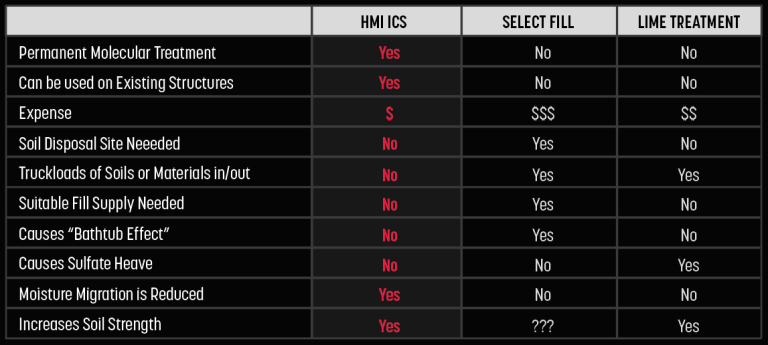
This site is protected by reCAPTCHA and the
Google Privacy Policy and Terms of Services apply.
In 2 days, we will teach you what you need to know to successfully tackle soil improvement projects!
Fundamentally, clay soil particles exhibit a strong affinity for water due to the inherent net-negative charge of the particle structure. This characteristic ensures that when water molecules, with their polarized positive and negative sides, are introduced to the clay soil, there is a preferential attraction of the positive side to the clay particles, leading to water absorption. This process results in an increase in the clay soil volume as the clay particles expand, culminating in the overall swelling of the soil mass.
This water attraction behavior has significant implications, particularly in the context of soil suction, a process where clay soils actively pull water from surrounding areas. Soil suction facilitates the transfer of excess moisture beneath foundations and slabs, resulting in swelling and lifting of these structures.
HMI ICS is designed to mitigate swell potential and soil suction characteristics of clay particles by targeting the core of the use: the negative charge of the clay particle. By negating these charges through an irreversible process, HMI ICS effectively diminishes the clay lattice’s capacity to absorb polarized water molecules, resulting in stabilized soil with significantly reduced swell potential and soil suction capabilities.
ICS is delivered into clay soils through a water-based solution. For treatment to be effective, the clay must be sufficiently dry to “want” water; fully hydrated clays will not absorb the solution. This means treatment is best performed in drier conditions.
The ICS concentrate is highly acidic and formulated to be diluted to less than 1% active solution in water. Contractors source water locally, and the ICS equipment mixes the solution on demand, ensuring precise dosing and eliminating the need for large batch-mixing operations.
HMI Ionic Clay Stabilizer treatment is the least invasive way to address issues with swelling clay soils beneath and around existing structures. No excavation is required. Injected into the soils, ICS will permanently reduce the natural affinity for water in expansive clay soils. In some cases HMI Ionic Clay Stabilization treatment can potentially lead to the relaxation of a swelled system that can undo damage caused by swelling.
Pre-construction projects in most cases involve mixing ICS into the soils. Existing problematic clay soils are excavated, mixed with ICS onsite and prepared for construction. This assures a very consistent and even distribution of ICS and therefore, very consistent swell reduction and controlled compaction for strength purposes. After treatment new construction can commence with confidence that the clay soil movement has been stabilized.
HMI Ionic Clay stabilizer can be injected into the soils in the pre-construction phase of a project where conditions will allow for an adequate spread of the chemical throughout the entirety of the treatment area. This can be done by large injection rigs or through hand injection. The site size and accessibility would determine which of the two pre-construction techniques would be used.
While treating expansive clay is most effective at the start of construction, ICS can also be used to stabilize soils beneath existing, distressed structures. For pre-construction applications, ICS may be mixed into the soil or injected using rods and pumping equipment. In remediation scenarios, ICS is injected to improve soil performance beneath existing foundations.
Traditional clay treatment requires bulk tanks, manual filling, and batch mixing, which are time-consuming and hazardous. On-demand mixing with ICS offers several advantages:
To learn more about HMI’s On-Demand Mixing systems check out our ICS Equipment Page.
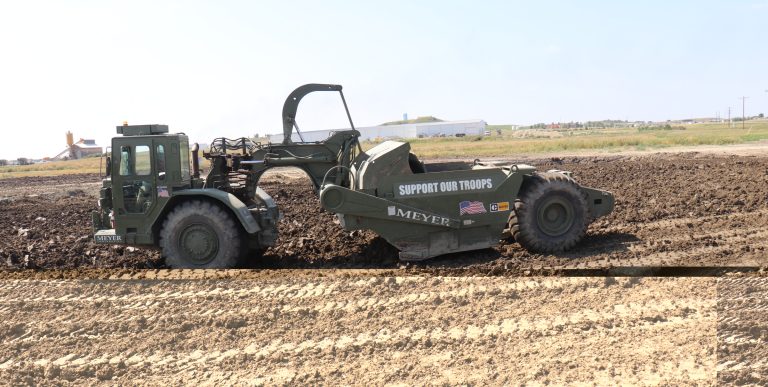
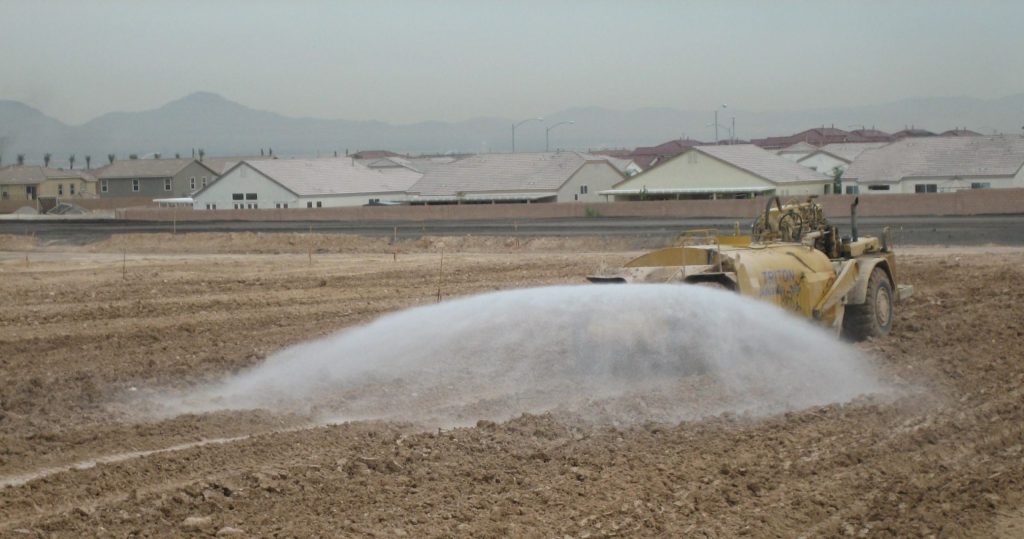
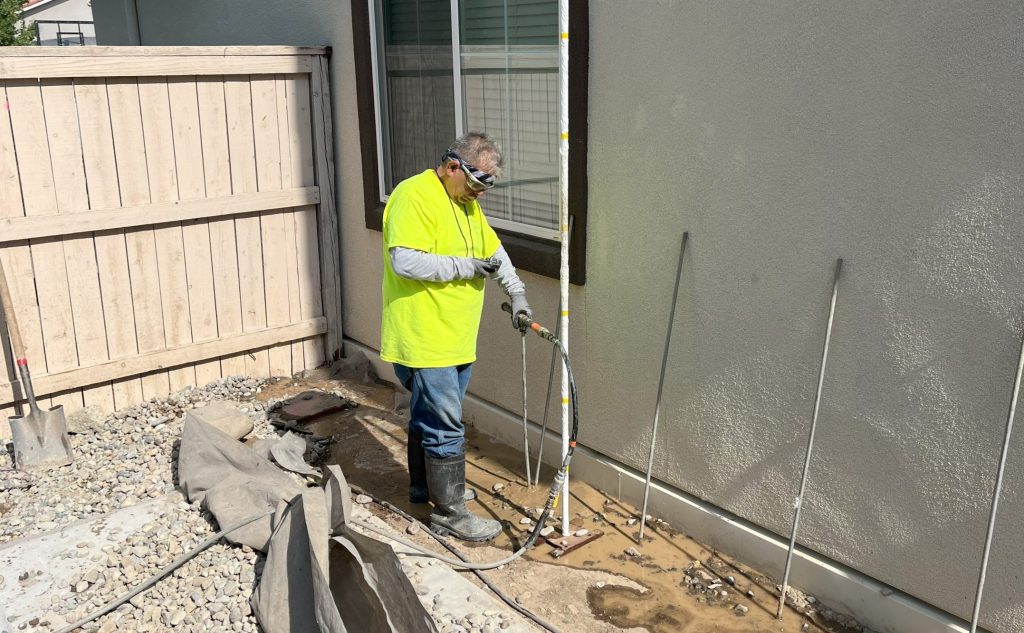
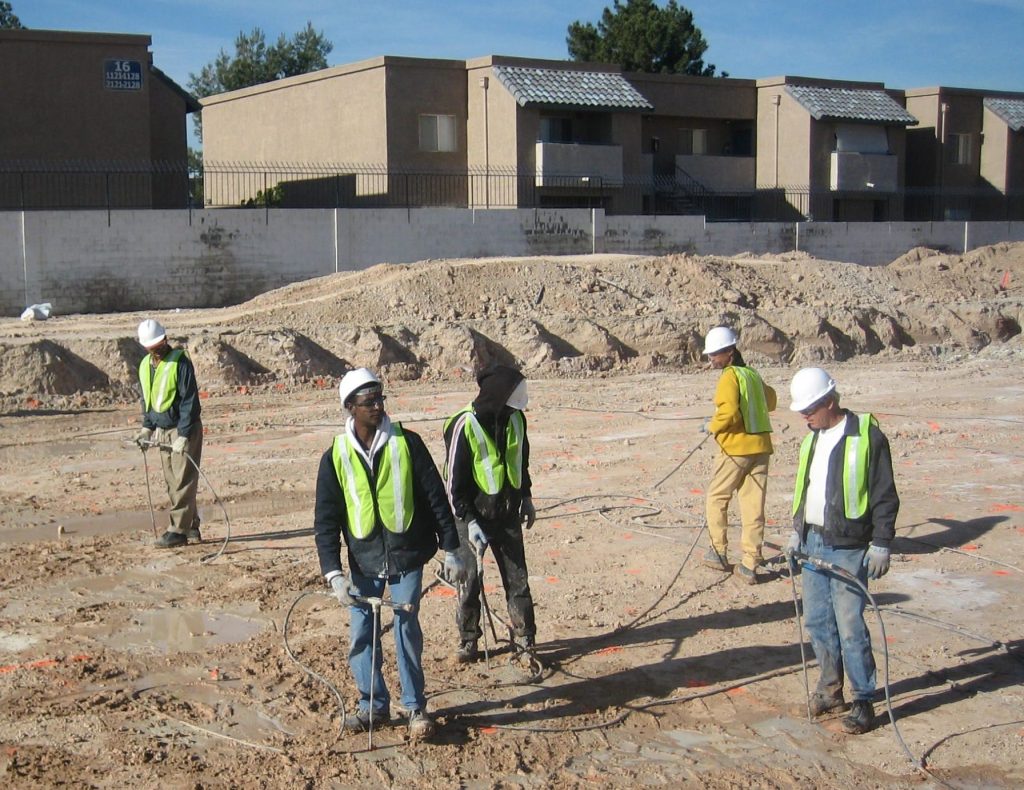
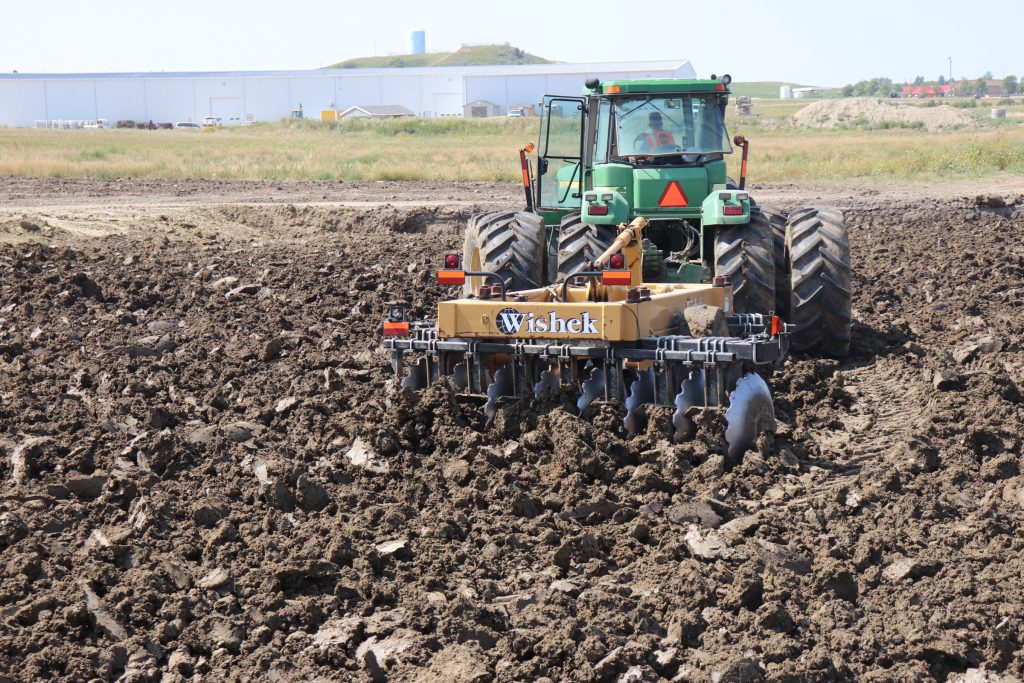
At HMI, your operation’s success is our highest priority. Our knowledgeable and experienced team is ready to answer your questions and provide comprehensive support for each project you undertake.
We offer everything from on-site assistance and in-depth equipment training to innovative marketing tools and sales leads. Our goal is to provide you with the expertise and resources necessary to operate a profitable concrete-raising business.
Whether you’re launching a new business or considering expanding your current services, HMI’s experienced staff is committed to helping you build a reliable and reputable operation. We go above and beyond similar companies by understanding your operational needs and providing practical and effective solutions tailored to your requirements.
4466 Custer Street
Manitowoc, WI 54220